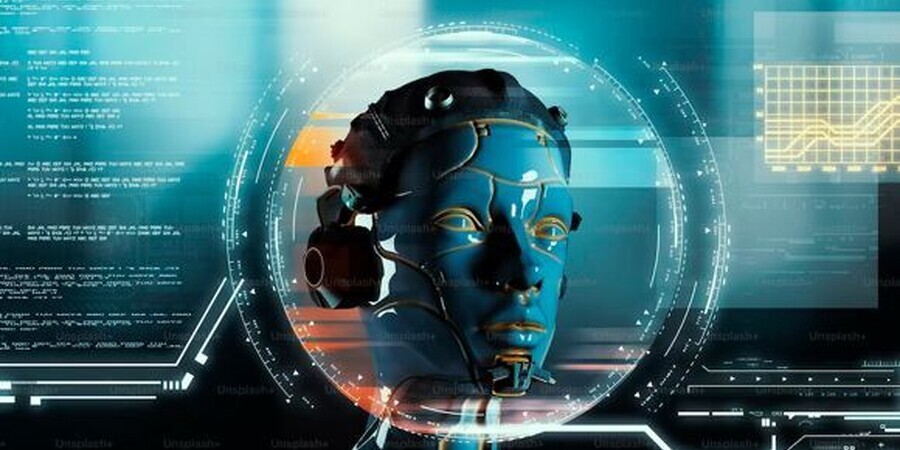UNITED STATES - The rapid advancement of Artificial Intelligence (AI) sparks both excitement and anxiety. Headlines often swing between utopian futures and dystopian scenarios where robots replace human workers en masse. As we stand in early 2025, the pressing question for many is: Will AI take my job within the next five years?
The short answer is complex, but for the vast majority, complete job replacement by AI by 2030 is unlikely. However, significant transformation and task automation are almost certain.
What AI Excels At (and Where It Still Lags)
AI, particularly generative AI and machine learning models, has become incredibly adept at specific tasks:
- Automating Repetitive Tasks: Data entry, basic report generation, simple customer service inquiries, scheduling, and processing standard forms are increasingly handled by AI.
- Analyzing Vast Data Sets: AI can identify patterns, trends, and anomalies in data far faster and often more accurately than humans.
- Content Generation: AI can draft emails, write simple code, generate marketing copy, create images, and even compose basic music.
- Optimization: Logistics, supply chain management, and resource allocation can be optimized using AI algorithms.
However, AI currently struggles with tasks requiring
- Deep Critical Thinking & Strategic Nuance: While AI can process data, making complex, multi-faceted strategic decisions often requires human judgment and contextual understanding.
- Genuine Creativity & Innovation: AI can generate novel combinations based on existing data, but true, paradigm-shifting creativity remains largely a human domain.
- Emotional Intelligence & Empathy: Building relationships, managing teams, providing therapy, and tasks requiring deep interpersonal connection are difficult for AI to replicate authentically.
- Physical Dexterity & Adaptability: Roles requiring complex physical skills in unpredictable environments (e.g., skilled trades, surgery) are still primarily human-led.
The 5-Year Horizon: Transformation, Not Total Takeover
Over the next five years (leading up to 2030), we are more likely to see:
- Task Automation, Not Job Elimination: AI will increasingly take over specific, routine tasks within many jobs, rather than eliminating the entire role. This frees up human workers to focus on more complex, strategic, and creative aspects of their work.
- Augmentation – Humans Working with AI: Many professionals will use AI as a powerful tool to enhance their productivity and capabilities. Think of analysts using AI for data processing, writers using AI for drafting, or designers using AI for initial concepts.
- Job Role Evolution: Some roles will significantly change. For example, a customer service representative might shift from answering basic queries (handled by chatbots) to managing complex escalations requiring empathy and problem-solving.
- Displacement in Some Areas: Jobs primarily composed of highly repetitive, easily automatable tasks are at higher risk of displacement. Data entry, basic transcription, and certain types of assembly line work fall into this category.
- Creation of New Roles: The AI revolution itself creates new jobs in AI development, training, ethics, maintenance, and managing AI integration.
Preparing for the Shift
While widespread job elimination isn't the immediate five-year forecast for most, complacency isn't an option. Preparation involves:
- Developing "Human" Skills: Focus on strengthening critical thinking, creativity, communication, collaboration, and emotional intelligence – skills AI cannot easily replicate.
- Embracing Lifelong Learning: Stay updated on technological advancements within your field and learn how to leverage AI tools effectively.
- Adaptability: Be open to evolving your role and acquiring new skills as tasks become automated.
- Focusing on Value Creation: Understand how you can add unique value that goes beyond tasks AI can perform.
AI will undoubtedly reshape the workforce in the coming years. While the fear of mass job takeover by 2030 might be overstated, the impact will be profound. The next five years are less about AI taking your job and more about AI changing your job. Those who adapt, learn, and focus on leveraging AI while honing their uniquely human skills will be best positioned to thrive in the evolving landscape.


